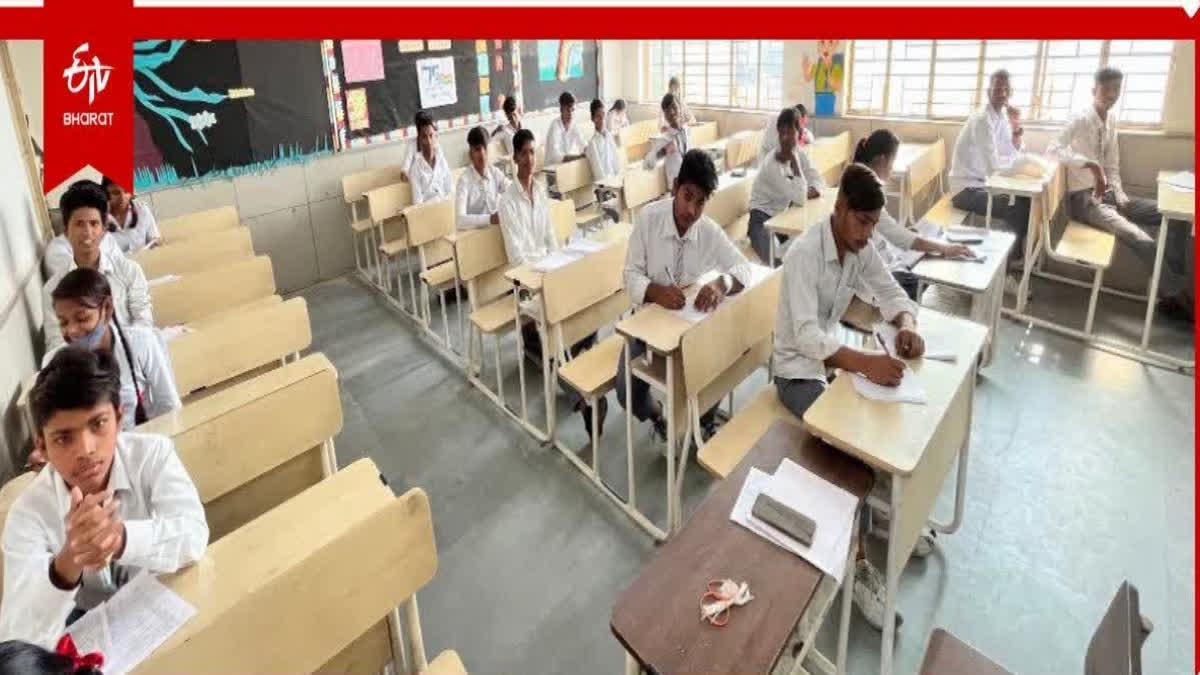New Delhi: Amid uncertainty over the resumption of physical classes in schools following severe air pollution, the National Centre for Disease Control and Health Ministry has chalked out a six-point strategy to protect children from pollution.
There is considerable anxiety among parents regarding the resumption of physical classes in schools, particularly given the alarming pollution levels in Delhi.
“While ensuring educational continuity is important, the health and well-being of children must take precedence. School students are highly vulnerable to severe health issues caused by severe air pollution due to their developing respiratory systems and greater exposure during outdoor activities,” said Dr Tamorish Kole, chair of the Clinical Practice Committee of the International Federation for Emergency Medicine, while speaking to ETV Bharat.
Suggesting to the authorities concerned in the states to adopt strategies to safeguard the school students, the Centre’s strategy said that younger children with respiratory health issues and medically underlying conditions are more vulnerable and need to take more precautionary measures from risk exposure.
It has asked the school health authorities, head teachers and parents to develop mechanisms to create awareness and motivate them to adopt better practices among students to mitigate and adapt to air pollution.
Stating that cities and urban areas are more likely to outside pollution levels, the strategy emphasised an awareness drive by organising activities and events on air pollution at the school level.
Dr Kole said that prolonged exposure to poor air quality can lead to respiratory ailments such as asthma, bronchitis and impaired lung development.
“Additionally, pollution can trigger allergies, weaken the immune system and increase the risk of infections like pneumonia. Moreover, high levels of pollution may affect cognitive development and overall well-being,” Dr Kole said.
